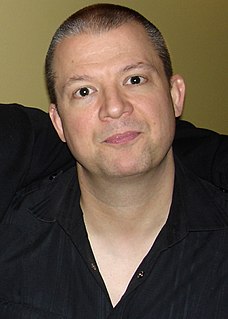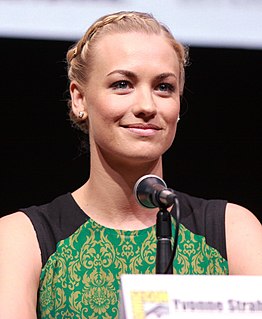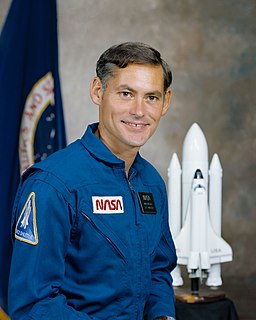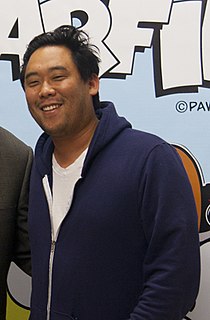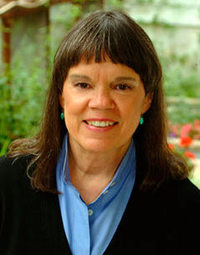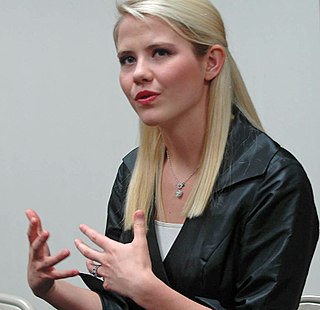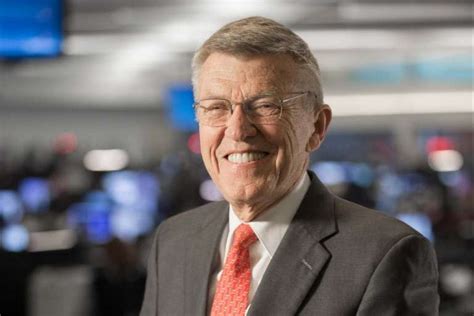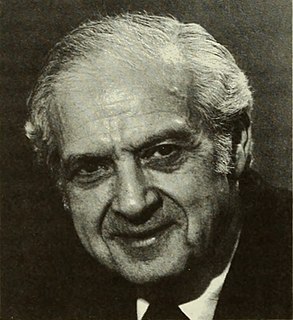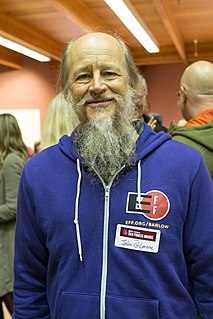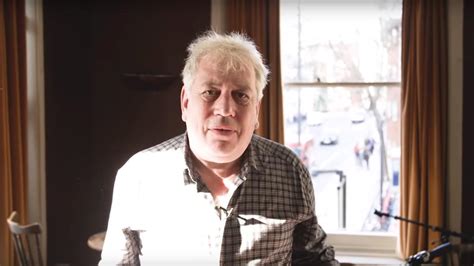Top 1200 Personal Privacy Quotes & Sayings - Page 2
Explore popular Personal Privacy quotes.
Last updated on December 18, 2024.
It's the same thing in a way with privacy. You can say "I'm not doing anything wrong, therefore this doesn't concern me," but what does it mean about our society if we're all being watched and recorded? The personal experience - negotiating this as individuals - doesn't describe the social reality and the broader social costs.
In our culture privacy is often confused with secrecy. Open, honest, truth-telling individuals value privacy. We all need spaces where we can be alone with thoughts and feelings - where we can experience healthy psychological autonomy and can choose to share when we want to. Keeping secrets is usually about power, about hiding and concealing information.
When a young non-white male is stopped and searched at the whim of a police officer, his idea of personal space, privacy and self esteem are shattered, to say nothing of his Fourth and Fourteenth Amendment protections. The damage goes deep quickly and stays. Stop & frisk, as well as a tactic, is also an incitement.
... goodness is of a modest nature, easily discouraged, and when much elbowed in early life by unabashed vices, is apt to retire into extreme privacy, so that it is more easily believed in by those who construct a selfish old gentleman theoretically, than by those who form the narrower judgments based on his personal acquaintance.
In the space shuttle program, where we had males and females, I can tell you that nobody was doing that [sex] because there's absolutely no privacy. The only privacy would have been in the air lock, but everybody would know what you were doing. You're not out there doing a spacewalk. There's no reason to be in there.
Drug offenses ... may be regarded as the prototypes of non-victim crimes today. The private nature of the sale and use of these drugs has led the police to resort to methods of detection and surveillance that intrude upon our privacy, including illegal search, eavesdropping, and entrapment. Indeed, the successful prosecution of such cases often requires police infringement of the constitutional protections that safeguard the privacy of individuals.
The frequency of personal questions grows in direct proportion to your increasing girth. . . . No one would ask a man such a personally invasive question as "Is your wife having natural childbirth or is she planning to be knocked out?" But someone might ask that of you. No matter how much you wish for privacy, your pregnancy is a public event to which everyone feels invited.
I think individuals have a right to privacy, but that ought to include the right to prevent private institutions from monitoring what you do and building up a personal profile for you so that they can direct you in particular ways by their effective control over the internet, and that doesn't happen of course.
Cloud computing, smartphones, social media platforms, and Internet of Things devices have already transformed how we communicate, work, shop, and socialize. These technologies gather unprecedented data streams leading to formidable challenges around privacy, profiling, manipulation, and personal safety.
Reading is the subtle and thorough sharing of the ideas and feelings by underhanded means. It is a gross invasion of Privacy and a direct violation of the Constitutions of the Third, Fourth, and Fifth Age. The Teaching of Reading is equally a crime against Privacy and Personhood. One to five years on each count.
Whether it's Facebook or Google or the other companies, that basic principle that users should be able to see and control information about them that they themselves have revealed to the companies is not baked into how the companies work. But it's bigger than privacy. Privacy is about what you're willing to reveal about yourself.
Privacy is dead. We live in a world of instantaneous, globalised gossip. The idea that there is a 'private' sphere and a 'public' sphere for world leaders, politicians or anyone in the public eye is slowly disintegrating. The death of privacy will have a profound effect on who our leaders will be in the future.
We do have to balance this issue of privacy and security. Those who pretend that there's no balance that has to be struck and think we can take a 100-percent absolutist approach to protecting privacy don't recognize that governments are going to be under an enormous burden to prevent the kinds of terrorist acts that not only harm individuals, but also can distort our society and our politics in very dangerous ways.
I'm worried about privacy because of the young people who don't give a damn about their privacy, who are prepared to put their entire private lives online. They put stuff on Facebook that 15 years from now will prevent them from getting the jobs they want. They don't understand that they are mortgaging their future for a quick laugh from a friend.
I have a passionate desire for personal privacy. I want to stand before the world, for good or bad, on the book I wrote, not on what I say in letters to friends, not on my husband and my home life, the way I dress, my likes and dislikes, et cetera. My book belongs to anyone who has the price, but nothing of me belongs to the public.

